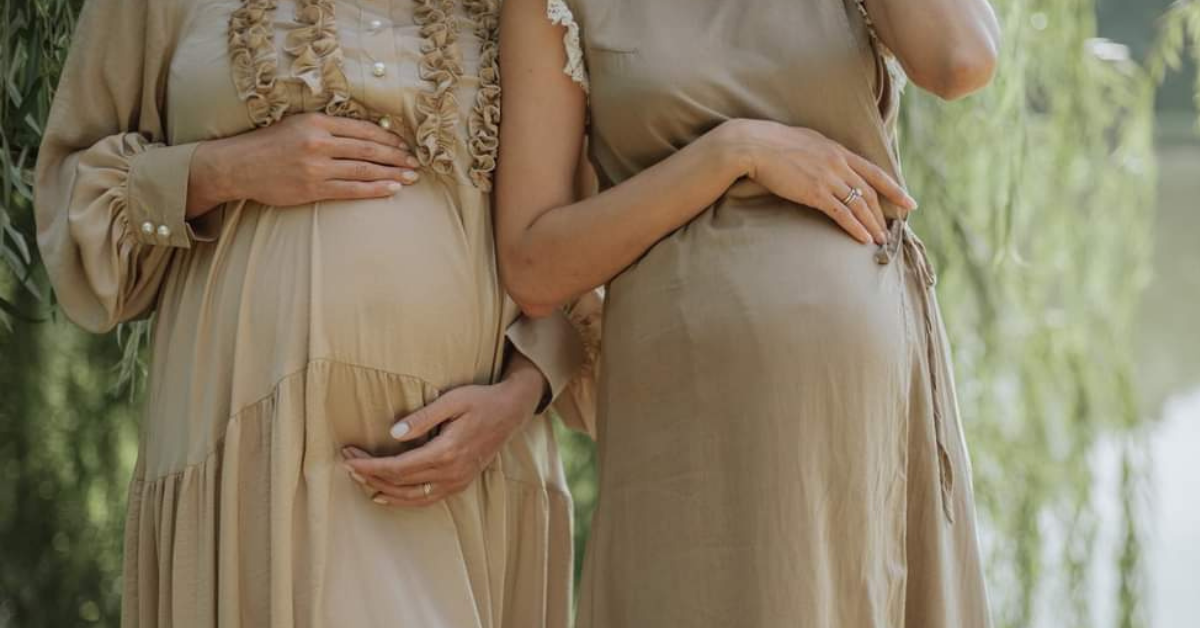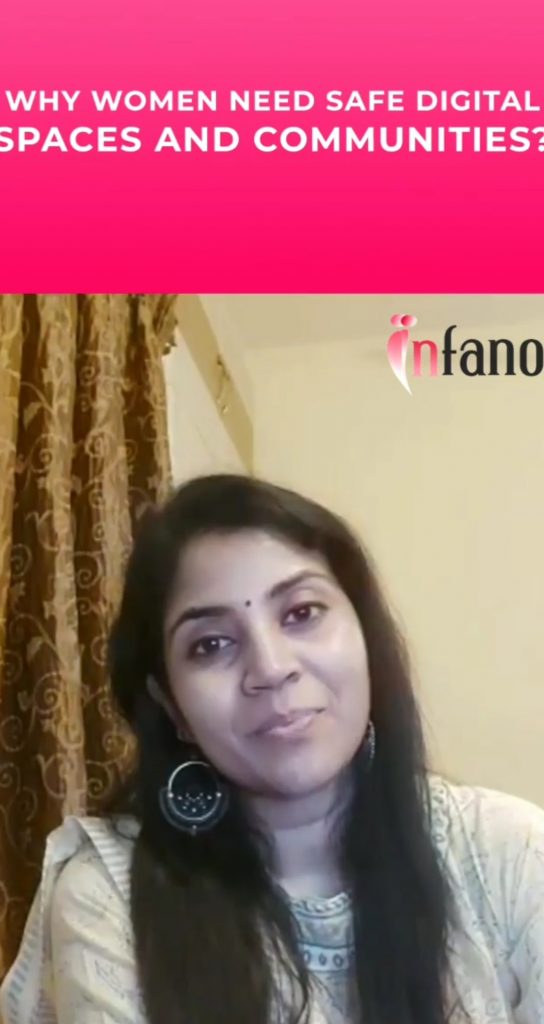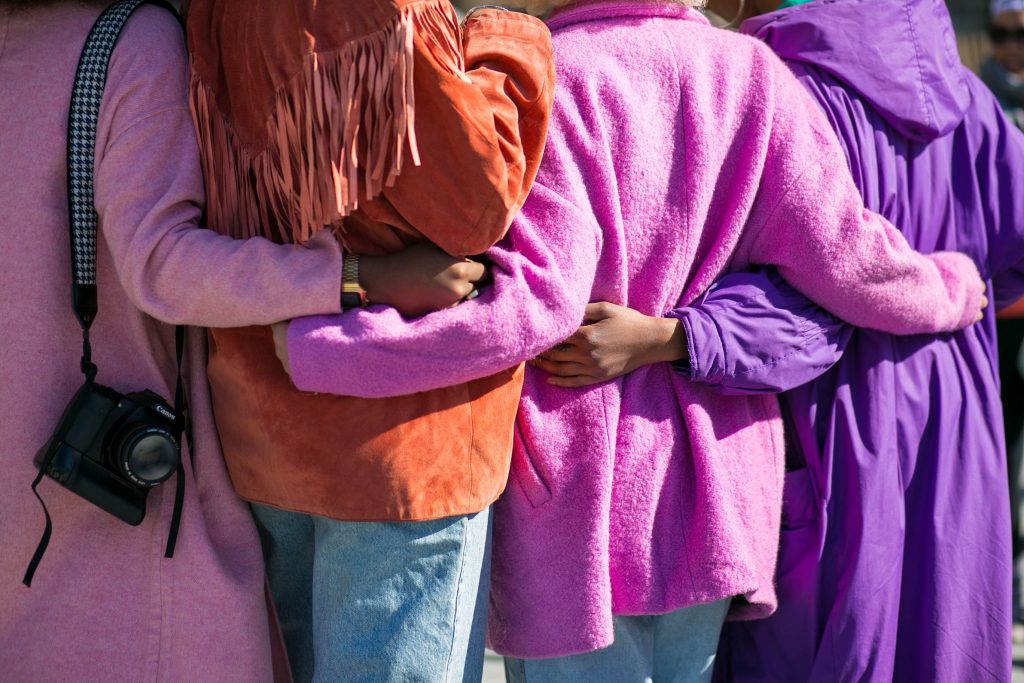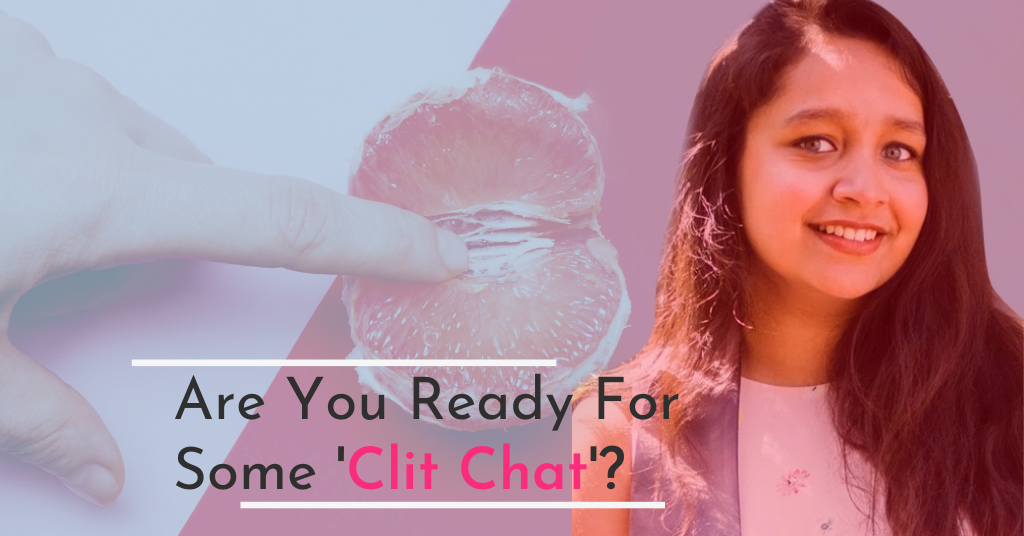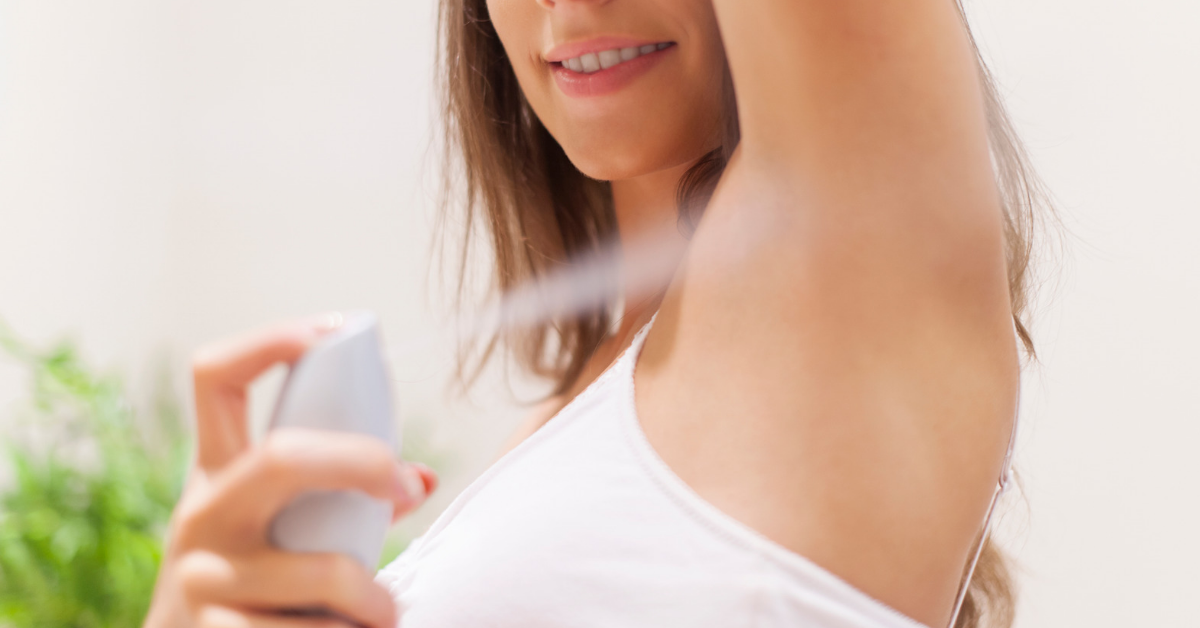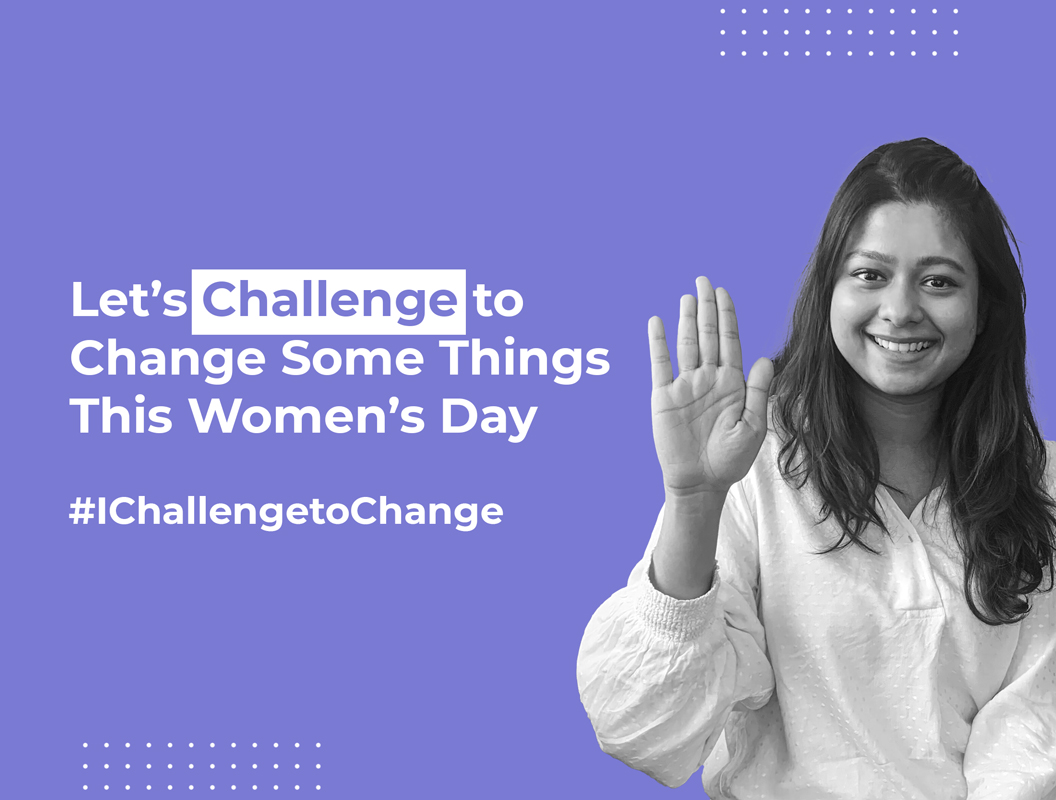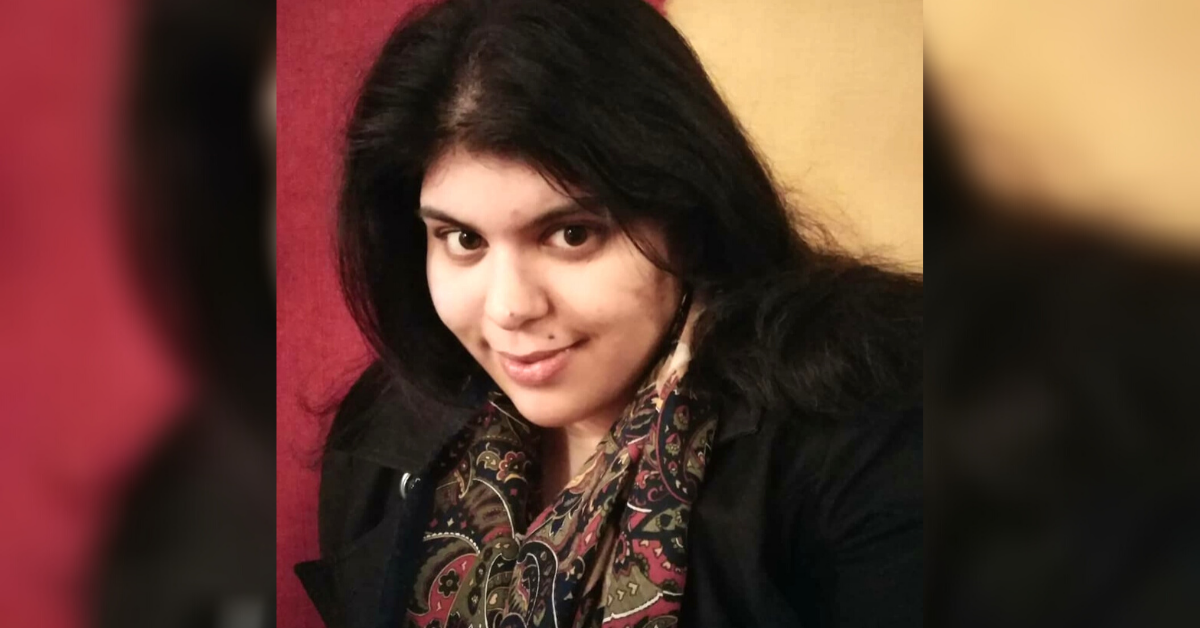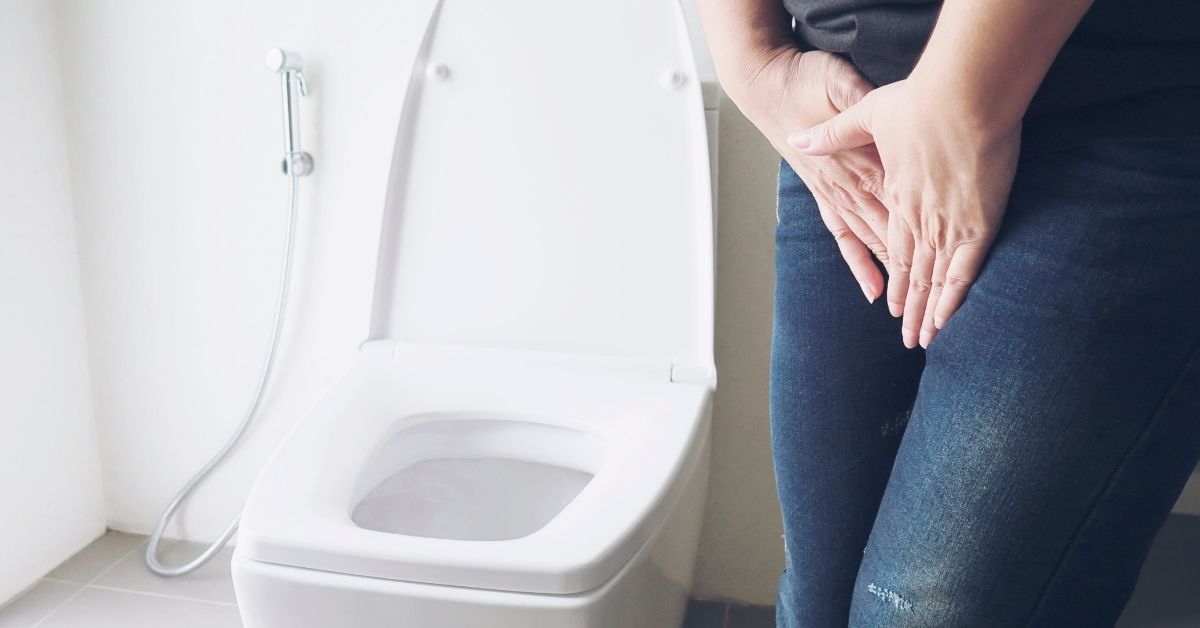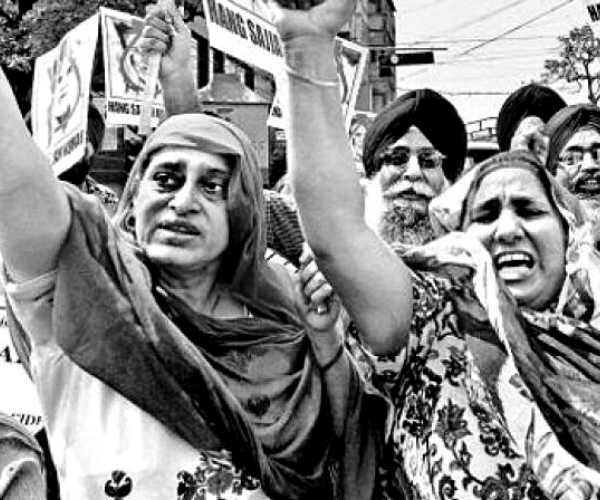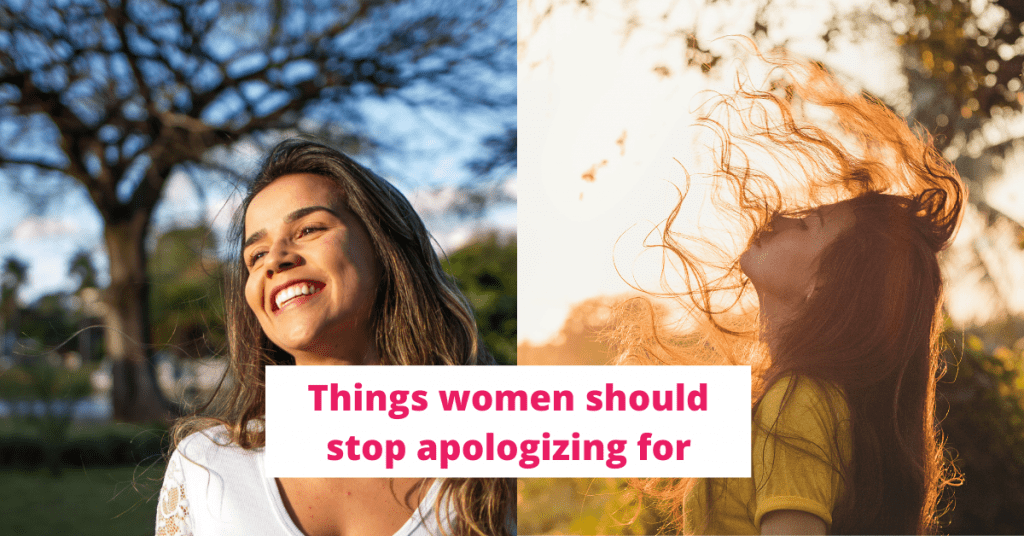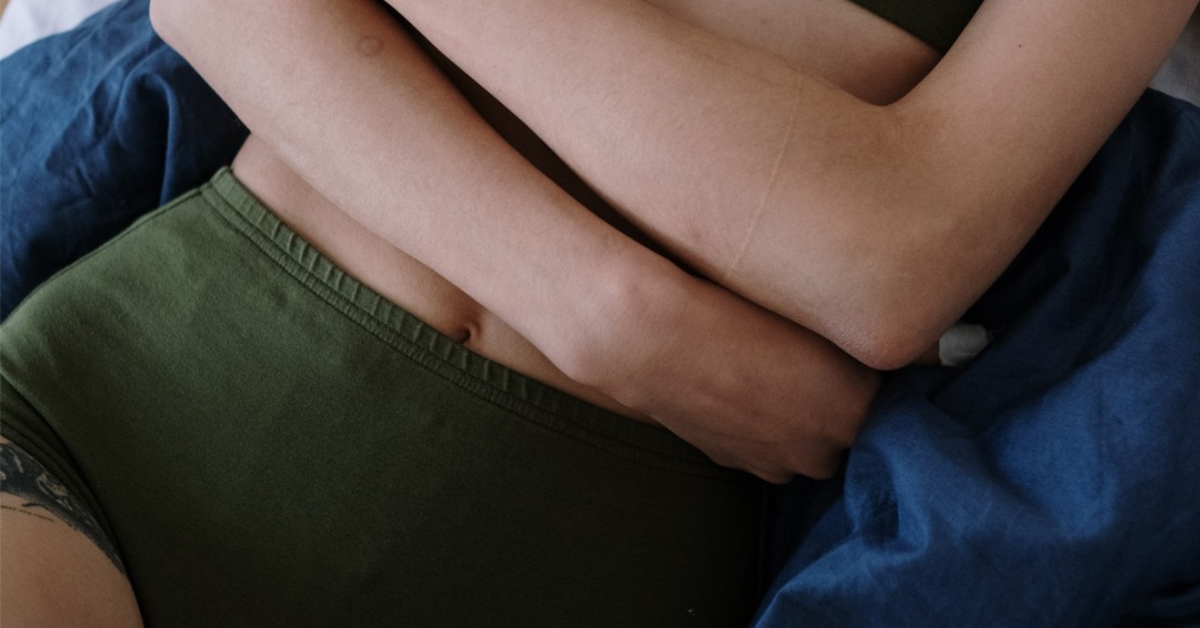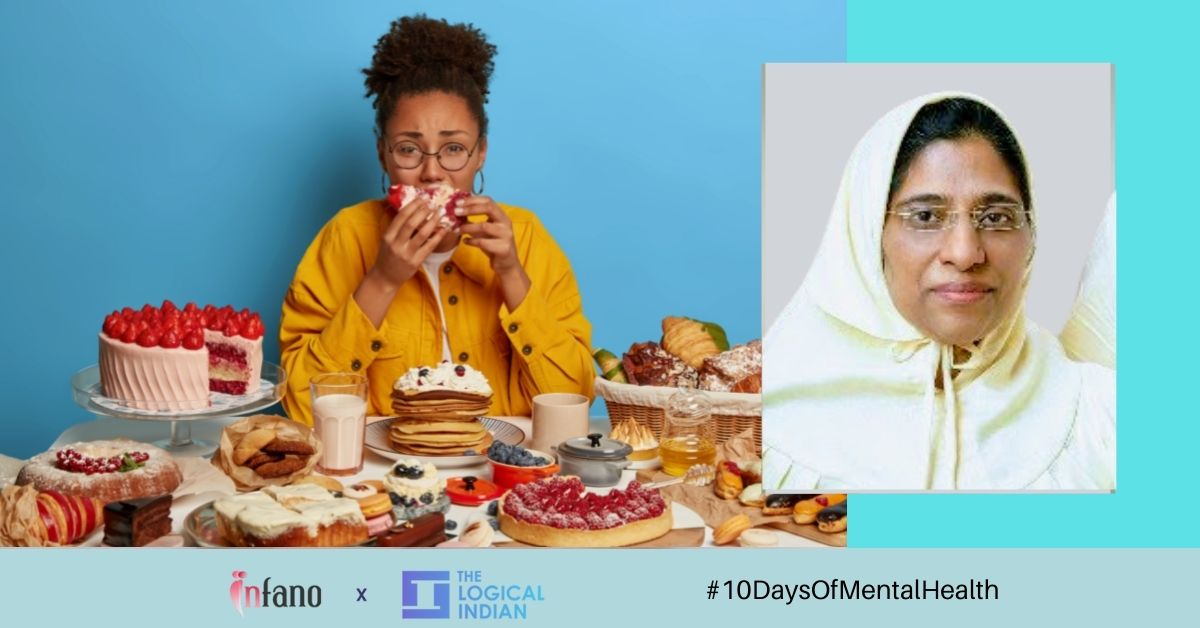Mental health disorder such as depression and anxiety are the leading cause of disability worldwide. Antidepressants and psychotherapy have been proven to be effective treatments for these conditions, but another therapy in mental health care is mindfulness therapy.
What is mindfulness?
It is the awareness of thoughts, feelings, surroundings, physiological sensations, and the state of mind. Mindfulness is a tool that helps you to live in the moment and observe one’s inner world. It is a meditation technique where you deliberately pay attention to the present moment without judgment. This means being aware of your own thoughts, emotions, physical sensations and surroundings. Mindfulness has been shown to have a positive effect on mental health disorders such as anxiety and stress. . It can provide relief from mental suffering, and can help us to live a fulfilled life.
Mindfulness is a way of paying attention to the present moment with openness, curiosity, and acceptance. It’s not something you can swat away from your mind, but something you can work on again and again, again and again. This practice has been proven to be an effective treatment for many mental health disorders such as anxiety, depression, addiction problems, and suicidal thoughts. When you are mindful, you not only become more aware of your thoughts and feelings but also experience a sense of calm and peace.
Mindfulness is best experienced in a group setting. I think it’s because you get that extra support and encouragement to be mindful every time you sit down, but doing it alone is still beneficial because you get to practice on your own at home.
How Mindfulness Works?
Mindfulness was first developed as a way to manage the stress related to chronic pain but has been expanded to cover a variety of other conditions. Mindfulness is about being present and being grounded in the moment. Individuals learn to avoid judgment and criticism of their thoughts, feelings, and sensations. Practicing mindfulness techniques can have an effect on our emotional well-being.
Neurofeedback, or EEG biofeedback, is a mind-body connection technique used to regulate your brain’s activity. EEG biofeedback uses sensors that can detect the frequency of your brain waves, while you sit in a chair while wearing a cap full of sensors. The sensors relay information about your brain activity to a computer monitor, which shows the information in a visual display. You are trained to alter your brain waves at will to make the waves change. This is done without any medication, which also makes it an appealing option for many.
The Benefits of Practising Mindfulness
Mindfulness is the practice of training one’s attention, such as through meditation or deep breathing, to reduce stress and increase focus. A few small studies have found that mindfulness-based therapy can be used to effectively treat anxiety disorders. Mindfulness training may also be beneficial for people with mood disorders, eating disorders, chronic pain, and other mental health conditions. Psychological and emotional health can be altered successfully using these techniques and can result in reduced anxiety and depression, improved mood, and increased empathy and compassion.
In addition to its physical benefits, meditation can also be a powerful tool for mental wellness. Through mindfulness, we can improve our ability to experience joy and freedom from anger, fear, and depression. Meditation also enhances self-compassion, meaning when we make mistakes or feel inadequate in some way, we’ll be more likely to forgive ourselves.
How Does mindfulness Help Mental Health Disorder?
A person that practices mindfulness will notice what is happening in their mind without judging or reacting to that and instead do things like watch their thoughts like they’re watching clouds float by. Living mindfully is thought to be the key to reducing symptoms of anxiety, depression, and other mental health disorder.
The researchers are also calling for doctors to prescribe mindfulness training in addition to drugs. In the study, patients who were offered mindfulness training as part of their treatment saw a significant drop in anxiety symptoms after eight weeks.
The researchers also say that brain imaging studies have found that mindfulness training can change the activity of certain brain regions associated with stress. Commenting on the research, Dr. Jon Kabat-Zinn, one of the fathers of the mindfulness movement, said that critics should just accept the findings:
“We’ve been doing this long enough, and the research results are now quite strong, that one would probably be hard-pressed to find a mainstream scientist who questions the efficacy of mindfulness. This is not to say that all studies show such promising results. In fact, many of them do not (gasp). However, when the results are positive, they are very positive”.
A study published in the June 2014 issue indicates that mindfulness meditation could help individuals overcome their cravings for certain types of food. In this particular study, veteran meditators were able to decrease their food cravings by an average of 60 percent.
Researchers found that mindfulness-based treatments were as effective as antidepressants in the reduction of anxiety and depressive symptoms. What’s more, mindfulness-based treatments were found to improve emotional well-being and social functioning in patients with major depressive disorder ( MDD).
According to the researchers, these results suggest that mindfulness-based treatments may be as effective as antidepressants in treating depressive and anxiety symptoms. Depression is a major global health problem that affects the lives of 10% of the world’s population.
The population-based study from India to report on depression from the year 2020 shows that the prevalence of depression was 15.1%. India is home to an estimated 57 million people (18% of the global estimate) affected by depression.
Source: Indian Journal of Public Health
Mindfulness-based interventions (MBIs) such as mindfulness-based stress reduction (MBSR), mindfulness-based cognitive therapy (MBCT), and mindfulness-based relapse prevention, are increasingly being investigated as potential treatments for depression.
Although several evidence-based treatments exist, many people with depression do not respond well to them or are unable to tolerate the adverse effects of their medication. Therapies that emphasize mindfulness tend to be less focused on eliminating symptoms and negative thoughts and more about accepting a person’s emotional state and learning how to sit with discomfort.
For more blogs on mental health disorder by Infano, click here.



